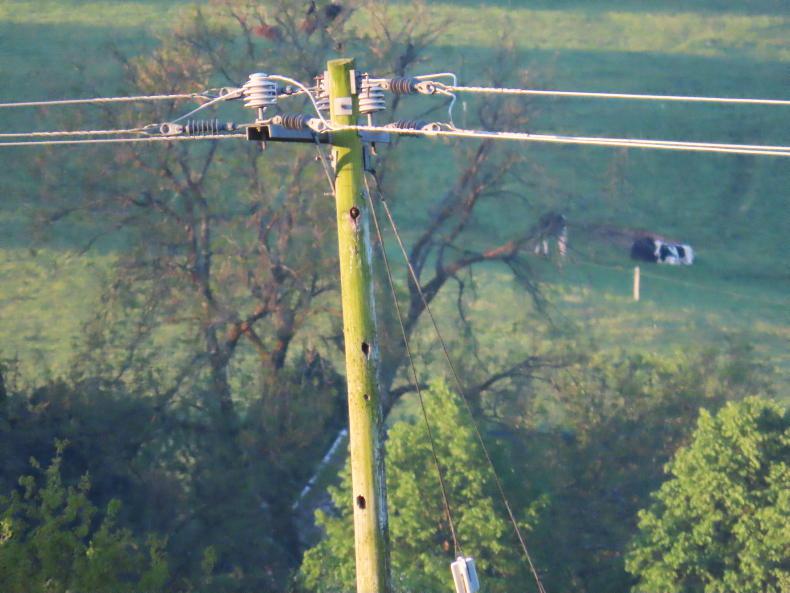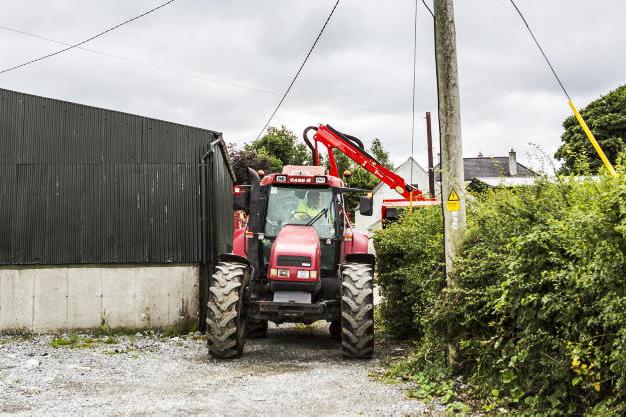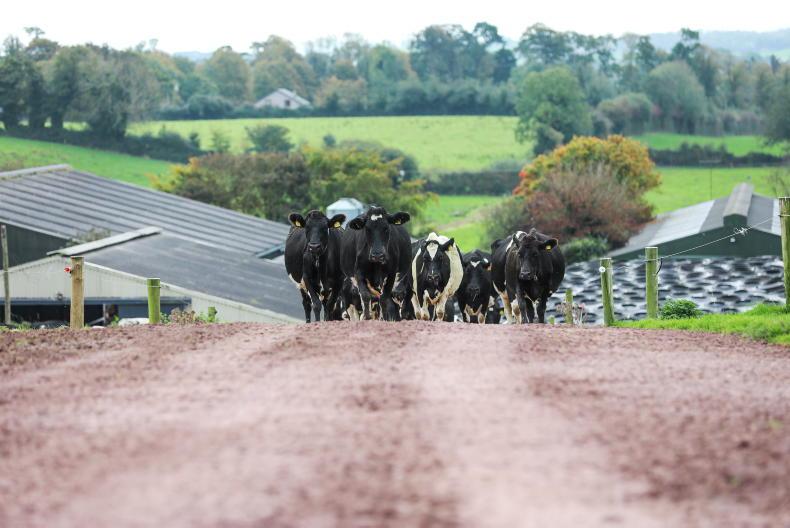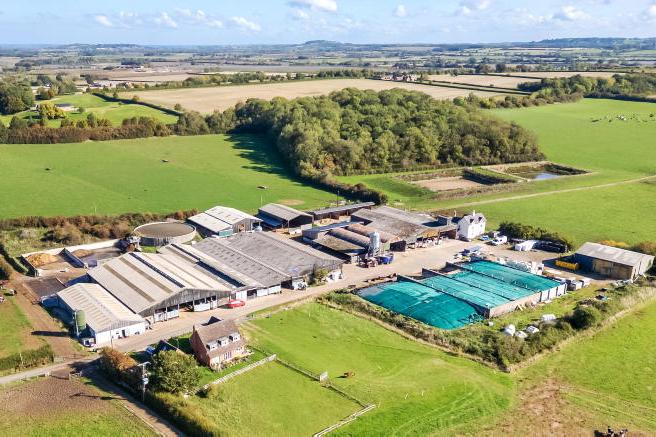With many farmers expected to undergo power outages over the next few days, farmers are urged to take care when it comes to using standby generators. The ESB has guidelines for such generators. Special rules apply to the installation of standby generators which your registered electrical contractor should be familiar with.
It is vital that a proper changeover switch is installed at the main distribution board. A registered electrical contractor should always be used and it is important to always notify ESB networks of the presence of a standby generator.
You should never use a temporary generator without a changeover switch and a portable generator should never be plugged into a socket.
Farmers must ensure that their generator is the right size to operate all of their farm equipment, not only milking and cooling, but also working the other farm equipment, such as scrapers, water heaters and water pumps. Michael Keaveny looks at what size generator you will need depending on the size of the parlour.
Care must also be taken with all power outlets in sheds over the next few days. In many sheds, the easterly wind is blowing snow on to sockets, which could lead to electrical faults.
Farmers should be careful where they come across fallen electricity lines as these wires are always live. If they fall on an electric fence or any metallic fences, they could be electrified with 230 volts or higher and dangerous to touch. Contact ESB networks immediately if you come across fallen wires on 1850-372 999.
A lot of farmers will be milking herds once a day until the current conditions pass, which could make sharing of generators a possibility. Many farmers were caught out without a generator during storm Ophelia so the hope is that farmers may be better organised to cope with power outages if they materialise.
Once a day
The longer a cow is left without being milked, the more stress the animal will be under, resulting in a higher cell count and a higher risk of mastitis. That said, farmers should avoid going out in hazardous conditions and should never place themselves in danger to get cows milked. It may be advisable to wait until later in the day until the worst of storm Emma has passed before they begin milking.









SHARING OPTIONS